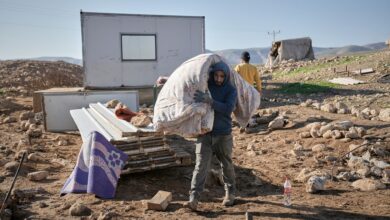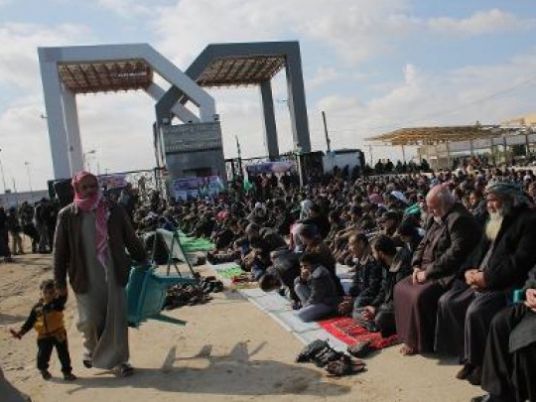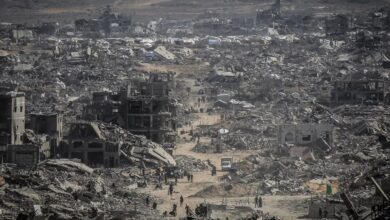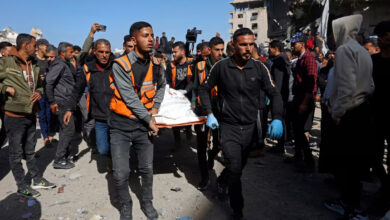Jerusalem–Relations between Israel and the United States have hit a 35-year low, Israel’s ambassador in Washington said amid simmering tensions between the two key allies.
"Israel’s relations with the US are facing the most severe crisis since 1975," the Yediot Aharonot newspaper Monday quoted ambassador Michael Oren, a prominent Middle East historian, as telling consuls in the United States during a telephone briefing over the weekend.
That year US calls for a partial Israeli withdrawal from Egypt’s Sinai peninsula, then under Israeli occupation, ignited a major crisis between the two allies.
The latest diplomatic upheaval started when Israel gave its green light for construction of 1,600 new homes for Jewish settlers in east Jerusalem during a visit by US Vice President Joe Biden last week aimed at promoting indirect peace talks with the Palestinians.
US administration officials including Biden, US Secretary of State Hillary Clinton and senior presidential advisor David Axelrod have slammed both the new construction and the timing of the announcement as insulting and destructive to peace efforts.
On Sunday, a major pro-Israel US lobby group warned the stern US remarks were "of serious concern."
"AIPAC calls on the administration to take immediate steps to defuse the tension with the Jewish State," the American Israel Public Affairs Committee said.
The influential group warned in a statement that "the escalated rhetoric of recent days" was distracting from "the urgent issue of Iran’s rapid pursuit of nuclear weapons, and the pursuit of peace between Israel and all her Arab neighbors."
But former Israeli ambassador to Washington Zalam Shaval was less worried.
"It is in the interest of our two countries to resolve this disagreement as soon as possible and I am sure we’ll manage to do this, as we have in the past," Shaval, a member of Netanyahu’s rightwing Likud party, told AFP.
He did warn, however that "excessively severe US criticism of Israel, aimed at promoting a restart of the peace process, could have the opposite effect by encouraging the Palestinians to become even more intransigent."
The March 9 announcement that Israel gave the green light for the new construction in east Jerusalem’s Ramat Shlomo raised doubts over the outlook of indirect peace talks the Palestinians had reluctantly agreed to hold with Israel just days earlier.
Direct negotiations collapsed after Israel launched a devastating 22-day military offensive in the Hamas-run Gaza Strip aimed at halting Palestinian rocket fire.
The settlement announcement fuelled tensions in Jerusalem, prompting Israel to lock down the West Bank and bar men under the age of 50 and non-Muslims from entering the city’s Al Aqsa Mosque compound.
The compound is Islam’s third holiest site, and the holiest site for Jews because the Second Temple stood there before it was destroyed by the Romans in 70 AD.
Police clashed at the compound and surrounding areas on March 5 and again on Friday, and police fear Monday’s planned reopening of a 1694 synagogue, also within the walls of the Old City, could reignite protests.




